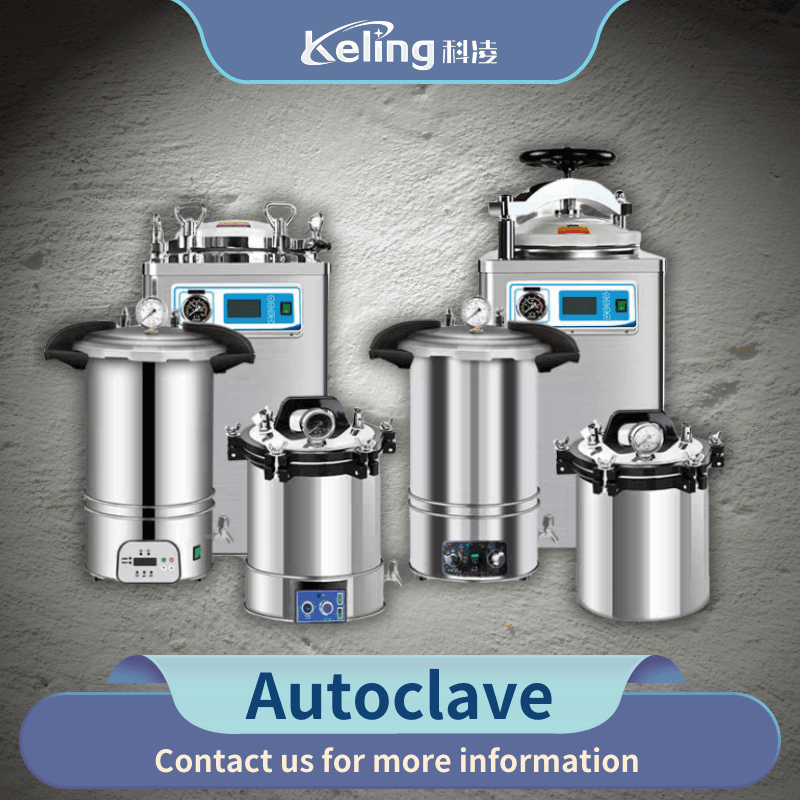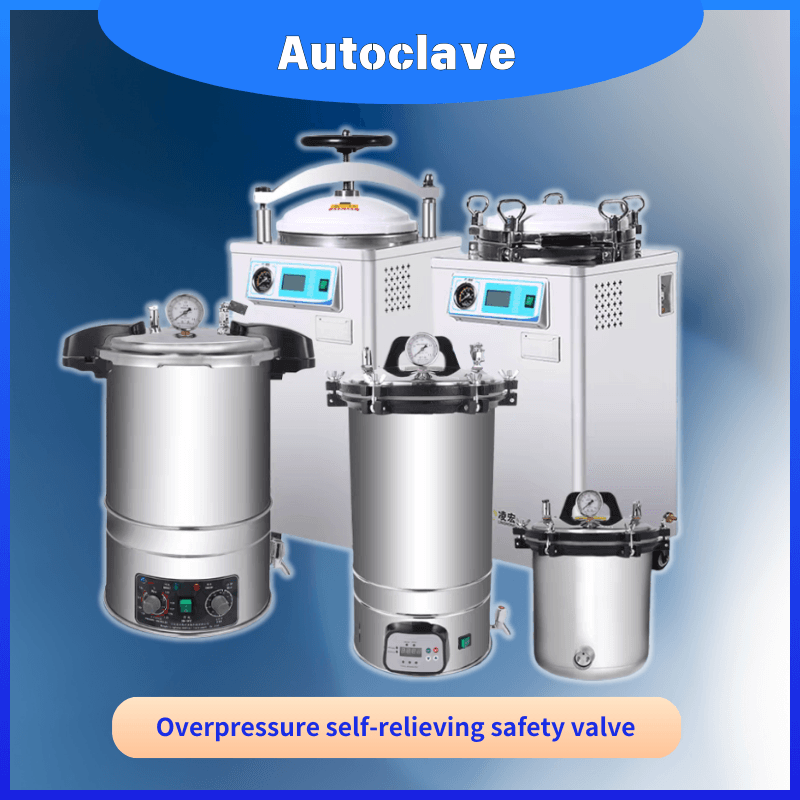How to Clean an Autoclave: A Step-by-Step Guide for Medical Equipment Distributors

Autoclaves are essential in healthcare because they sterilize medical instruments and materials which helps control infections. Regular maintenance along with proper cleaning determines whether these devices will function effectively. Medical equipment distributors as well as procurement specialists and dealers must learn autoclave cleaning procedures to assist their clients with equipment maintenance and lifespan extension. How should sterilization units be properly cleaned and what makes this cleaning process essential?
How Do Autoclaves Work? A Detailed Guide for Medical Equipment Distributors

Autoclaves are essential equipment in healthcare and infection control for maintaining sterile conditions of medical instruments and laboratory equipment along with other vital materials. Medical equipment suppliers and procurement experts need to understand autoclave operations to source and market sterilization solutions effectively for healthcare facilities. The fundamental process that drives these devices remains unclear while their ability to attain necessary decontamination levels in critical environments stands questioned.
What Is Autoclave Sterilization? A Complete Guide for Medical Equipment Distributors

Healthcare providers must prioritize instrument and material sterility to effectively prevent infections and protect patient health. Autoclave sterilization proves to be an exceptionally dependable method which finds extensive use across diverse applications. Medical equipment distributors and procurement specialists who understand autoclave sterilization will better serve hospitals and labs that require effective infection control solutions. The process details of autoclave sterilization remain unknown and yet its importance in medical environments demands explanation.
What Does Autoclave Mean? A Comprehensive Guide for Medical Equipment Distributors

The healthcare industry requires stringent infection control measures and therefore certain terms and tools are crucial for ensuring safety and hygiene. In medical and laboratory settings that demand sterile conditions the term “autoclave” holds considerable importance. Medical equipment distributors along with dealers and procurement specialists need to understand autoclave terminology to successfully source products and provide market solutions for sterilization systems in medical centers. The definition of autoclave remains unclear to many yet its importance in medical settings cannot be overstated.
What Are Autoclaves? A Detailed Guide for Medical Equipment Distributors

The healthcare industry requires strict sterility practices to protect patients from infections and maintain safety standards. Medical equipment distributors and procurement specialists must understand the necessary tools to meet hospital and clinic demands effectively. Autoclaves serve as essential equipment for infection control through their ability to sterilize medical instruments and materials. What do autoclaves do and what makes them essential for healthcare facilities?
How to Use an Autoclave: A Comprehensive Guide for Medical Equipment Distributors

Healthcare facilities rely on sterilization as an essential procedure to remove dangerous microorganisms from instruments and materials to protect patients and health workers. Medical equipment distributors along with dealers and procurement specialists must possess thorough knowledge about sterilization equipment to properly serve hospitals, clinics, laboratories and additional healthcare facilities. The autoclave serves as the most popular device for sterilization because it uses high-pressure steam to produce sterilized materials. Which specific autoclave operation techniques lead to maximum sterilization effectiveness?
How Long Should Unwrapped Items Be Sterilized in an Autoclave? A Guide for Medical Equipment Distributors

Sterilization serves as the essential safety foundation in healthcare because it eliminates harmful microorganisms from instruments and materials before utilization. Medical equipment distributors alongside dealers and procurement specialists need to know sterilization details because hospitals, clinics, laboratories and other facilities depend on their expertise. One common question that arises in this context is: What is the correct amount of time to autoclave unwrapped items to achieve complete sterility?
How Hot Does an Autoclave Get? Essential Insights for Medical Equipment Distributors

Healthcare and related industries depend on sterilization to protect patients and professionals through the destruction of harmful microorganisms. Medical equipment distributors, dealers, and procurement specialists must understand the tools used for sterilization to effectively serve hospitals, clinics, laboratories, and other facilities. The operational temperature these tools achieve stands as one of their most critical attributes. What temperature does an autoclave reach during operation and what makes this temperature level so important for sterilization effectiveness?
How Does an Autoclave Work? A Detailed Guide for Medical Equipment Distributors

Healthcare and its related fields must maintain sterilization standards to protect against infections and ensure safety. Medical equipment distributors, dealers and procurement specialists must know which tools produce sterility to fulfill the needs of hospitals, clinics and laboratories. The autoclave is the primary instrument in sterilization technology among various tools used in this field. What are the working principles of an autoclave that render it highly effective at eliminating dangerous microorganisms?
What Is an Autoclave Used For? Essential Insights for Medical Equipment Distributors

Medical equipment distributors, dealers, and procurement specialists must focus on sterilization because it serves as the foundation of safety and infection prevention in healthcare. The autoclave is an essential sterilization tool that operates in multiple environments where achieving sterility is crucial. The autoclave plays a crucial role in sterilization processes and remains essential for achieving and maintaining proper hygiene standards.
